When original Star Trek: Discovery showrunner Bryan Fuller departed the project last October, many were surprised with the turn of events, wondered what it would mean for the future of the series and why the decision was made.
In a new interview with EW, Fuller himself discussed the circumstances that led to his departure from Star Trek’s return to television along with his original concept for the show.
Disagreements and delays led to tension with CBS
According to the article, tension initially mounted shortly into pre-production, when Fuller disagreed with CBS’ decision to hire veteran television director David Semel to helm the pilot. Rather, Fuller wanted someone akin to Baby Driver director Edgar Wright, whom EW confirmed Fuller contacted for the job. Oddly enough, when visiting the set of Star Trek Into Darkness, director J.J. Abrams allowed Wright to direct one shot of the film during its Qu’noS sequence.


Bryan Fuller delivers Dunkin Donuts to fans at San Diego Comic-Con 2016 | Photo credit: Brad Gullickson for TrekNews.net
It continued from there, with Fuller and CBS next arguing over budget. CBS originally planned for Star Trek: Discovery to come in at $6 million per episode, which EW claims they have exceeded, though they don’t say by how much. While that initial number may seem high, the magazine explains that $6 million is high for a network drama series but low for an “ambitious genre show.” For comparison, HBO’s Westworld and sixth season of Game of Thrones came in at $10 million per episode, while Netflix’s Marvel shows average just shy of $4 million.
In the end, though, it came down to scheduling. After already delaying the show once, CBS wanted filming to begin in February, but many felt that the deadline was too aggressive considering the “unique world-building demands of a premium sci-fi show.” In light of this, CBS grew increasingly weary of Fuller’s schedule, particularly his commitments to Starz’s American Gods adaptation.
“It wasn’t just a little teeny side job he had over there,” an insider said. “It was a massive undertaking.”
As duties were re-assigned following Fuller’s de facto firing, elements of his vision were scrapped, including a “more heavily allegorical and complex storyline” and a uniform concept that incorporated The Original Series‘ primary colors. Production was delayed again, but this time it came with a hidden benefit: Sonequa Martin-Green.
One of Fuller’s focus going into the series was diversity, particularly putting women of color in prominent roles.
“I couldn’t stop thinking about how many black people were inspired by seeing Nichelle Nichols on the bridge of a ship [as Lt. Uhura in Star Trek: The Original Series],” Fuller said. “I couldn’t stop thinking about how many Asian people were inspired by seeing George Takei [as Sulu] and feeling that gave them hope for their place in the future. I wanted to be part of that representation for a new era.”
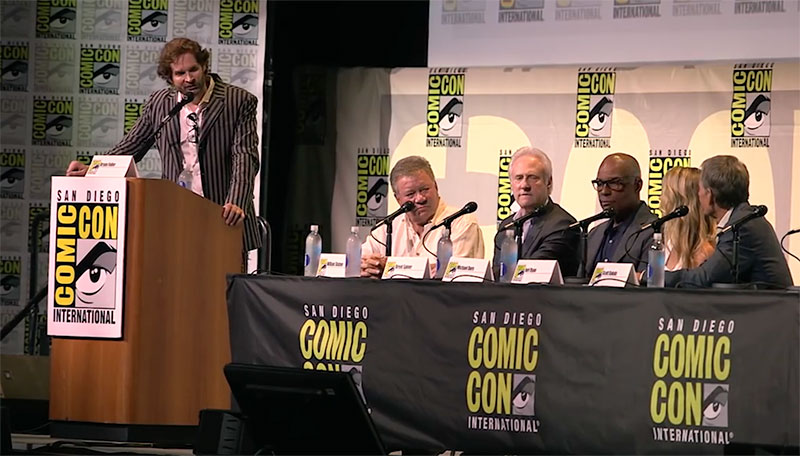

Fuller hosting a panel of former Star Trek actors William Shatner, Brent Spiner, Michael Dorn, Jeri Ryan and Scott Bakula at SDCC 2016 | Photo: YouTube
Last fall, Fuller auditioned Martin-Green for the lead and knew she was right for the job.
“Her audition was fantastic,” said Fuller. “I found her incredibly insightful as an actor and delightful as a human being.”
Unfortunately, at the time Martin-Green starred in AMC’s The Walking Dead and the network would not let her go until her character’s death was aired this past May. Discovery‘s second delay allowed her casting to happen.
After watching the initial trailer, Fuller was pleased that part of his vision remained.
“What I can say is… my reaction was that I was happy to see a black woman and an Asian woman [Michelle Yeoh] in command of a Starship.”
Bryan Fuller’s original anthology concept for Star Trek: Discovery
Another aspect of Fuller’s original pitch that was put aside early on confirms one of the first rumors that leaked about the new series. Fuller’s idea was for the show to be an anthology series, with each season being a new story in a different time period and with a different crew, similar to American Horror Story or True Detective. “It would platform a universe of Star Trek shows,” Fuller said, but CBS didn’t bite.
“I got to dream big,” Fuller said of his experience. “I was sad for a week [after it ended] and then I salute the ship and compartmentalize my experience.”
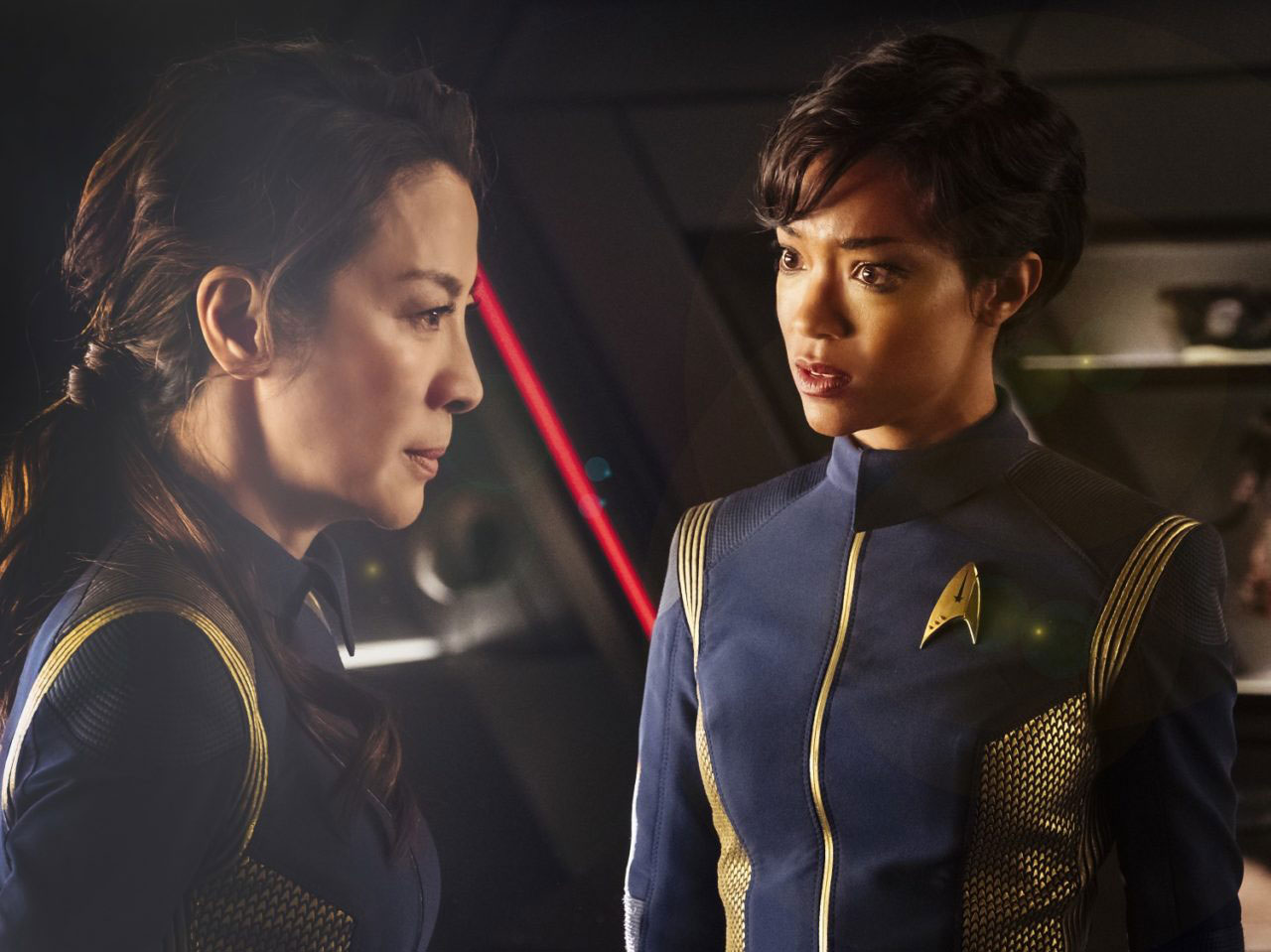

Michelle Yeoh as Captain Philippa Georgiou and Sonequa Martin-Green as First Officer Michael Burnham
Star Trek: Discovery‘s 15-episode first season is set to premiere on Sunday, September 24 at 8:30 PM ET on CBS. Immediately following the first episode’s release, the second episode will be available in the U.S. on CBS All Access, with subsequent episodes released on Sundays. The first eight episodes will run from September 24 through November 5, with the series returning in January 2018.
The cast of Star Trek: Discovery includes Sonequa Martin-Green (First Officer Michael Burnham), Michelle Yeoh (Captain Philippa Georgiou) Jason Isaacs (Captain Gabriel Lorca), Chris Obi (T’Kuvma), Doug Jones (Lt. Saru), Kenneth Mitchell (Kol), James Frain (Sarek), and Shazad Latif (Kol), Anthony Rapp (Lt. Stamets), Wilson Cruz (Dr. Hugh Culber), Sam Vartholomeos (Ensign Connor), Mary Wiseman (Cadet Tilly), Mary Chieffo (L’Rell) and Rainn Wilson (Harry Mudd).
TrekNews.net is your dedicated source for all the latest news on Star Trek: Discovery. Follow @TrekNewsnet on Twitter, TrekNews on Facebook, @TrekNews on Instagram and TrekNewsnet on YouTube.
[amazon_link asins=’1785651161,B01NAJ4HMI,B01N47VPJG,B01BP06ENA’ template=’ProductGrid’ store=’treknenet-20′ marketplace=’US’ link_id=’4b1179cc-7571-11e7-82e5-63a7a90ab97c’]


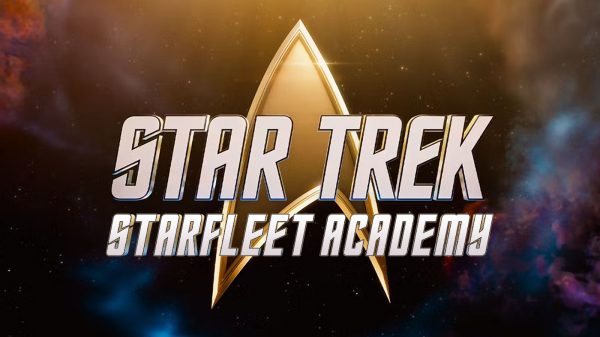
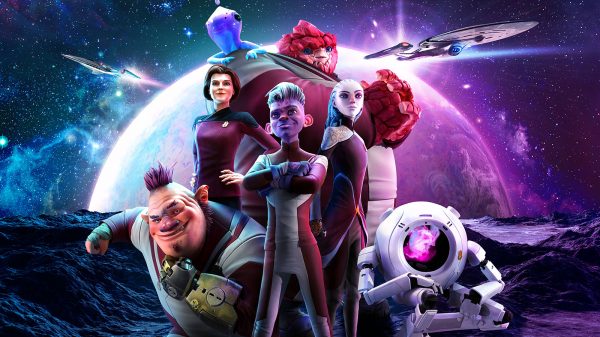
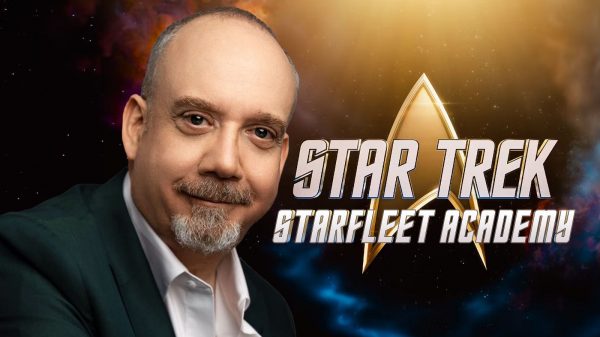
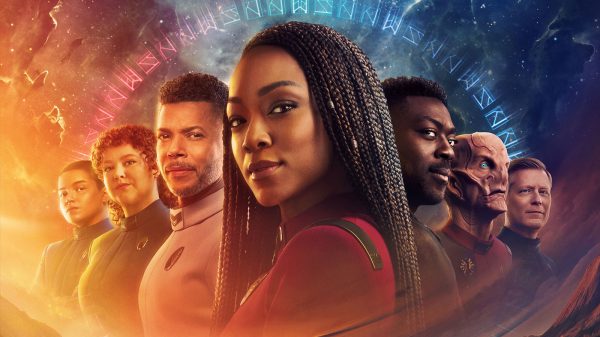
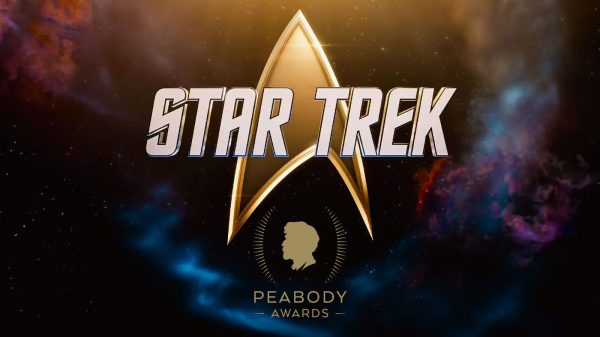
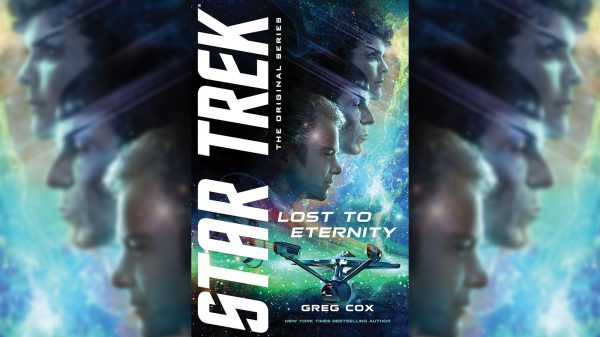
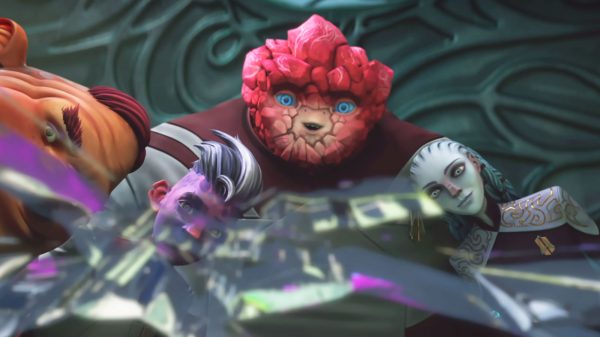
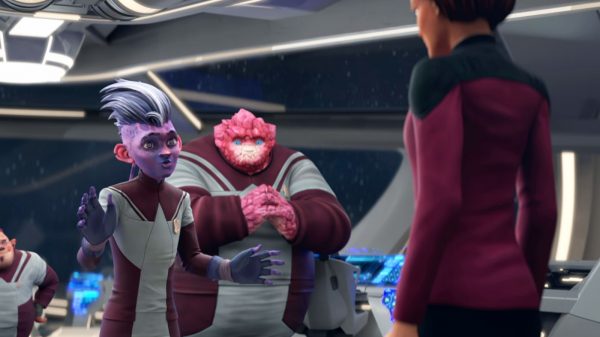
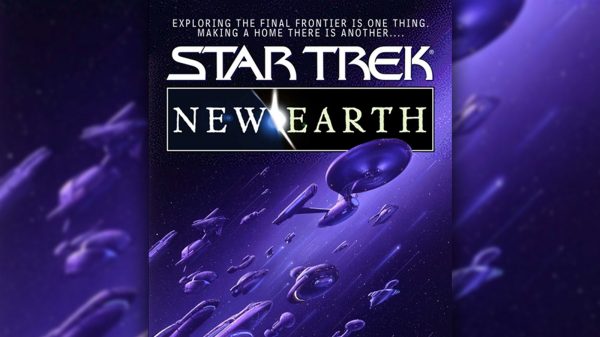
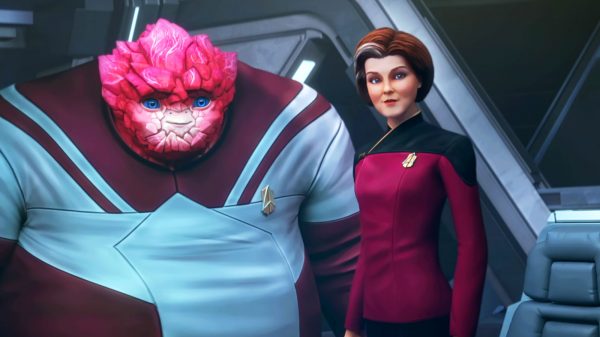
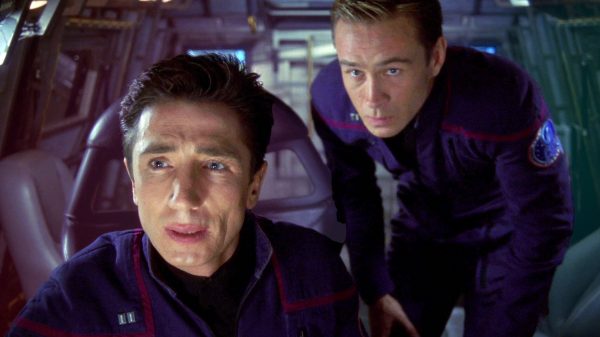
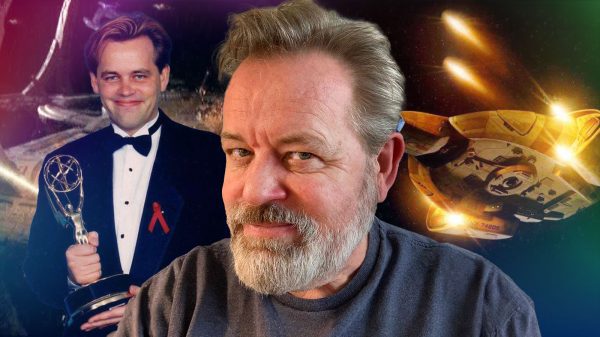
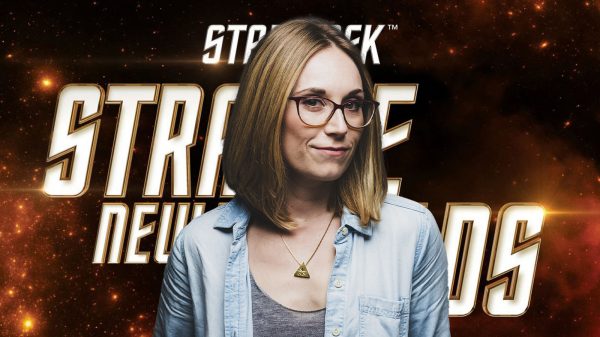
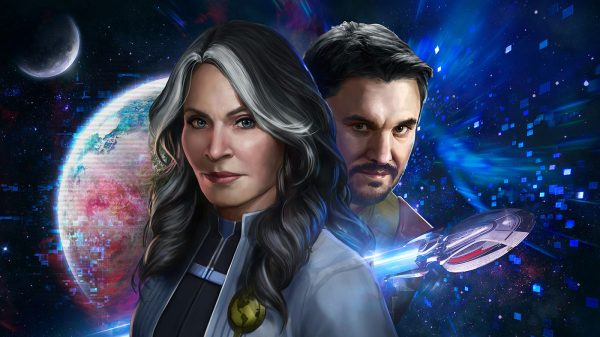

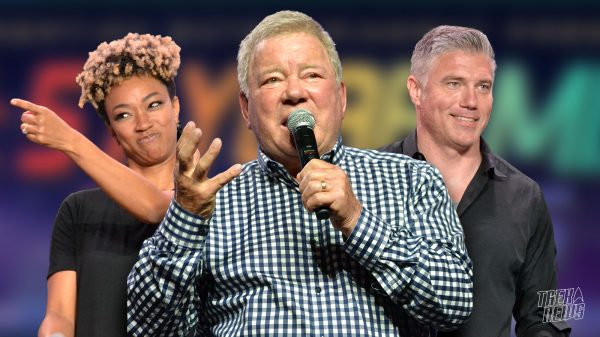
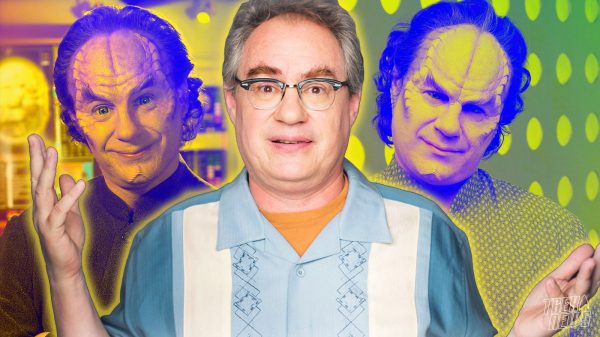
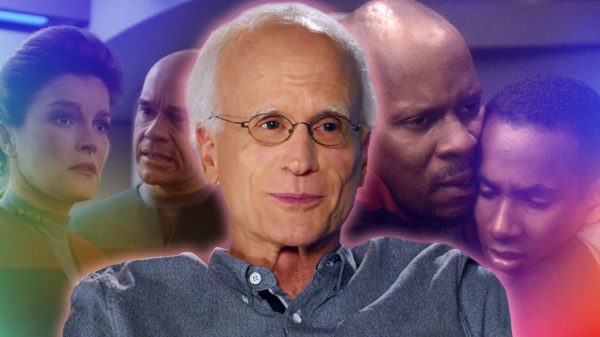
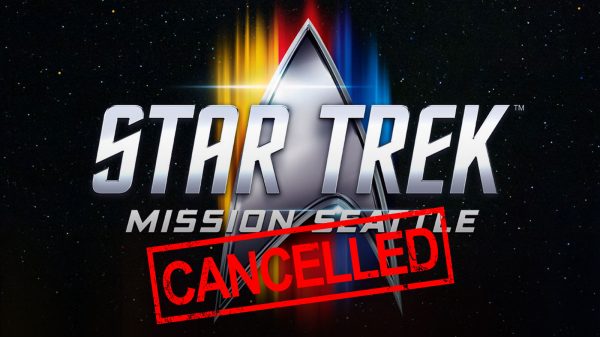

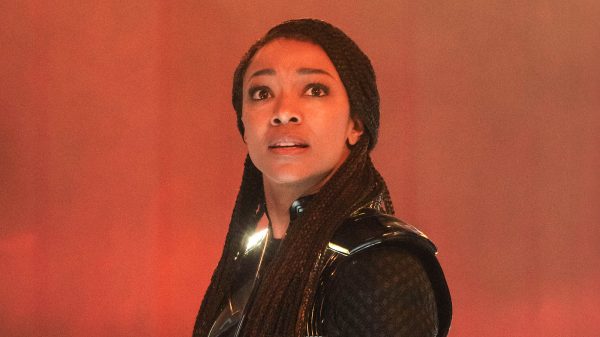
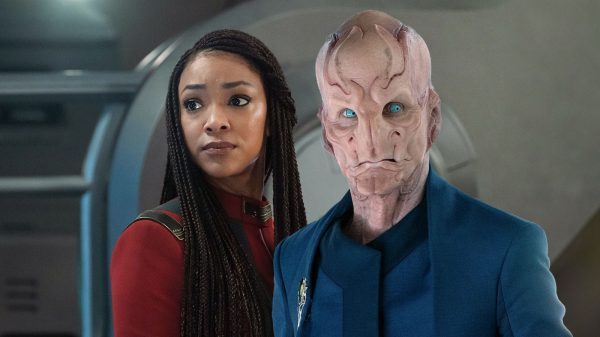
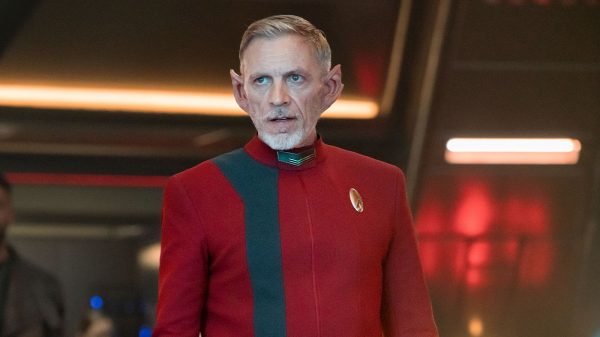
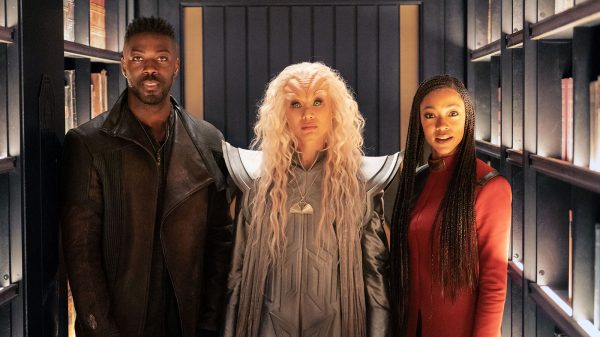
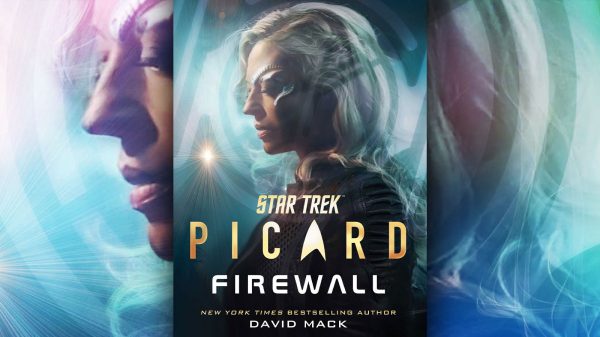
![2023: A banner year for Star Trek — here’s why [Op-Ed]](https://treknews.net/wp-content/uploads/2024/01/star-trek-2023-year-in-review-600x337.jpg)
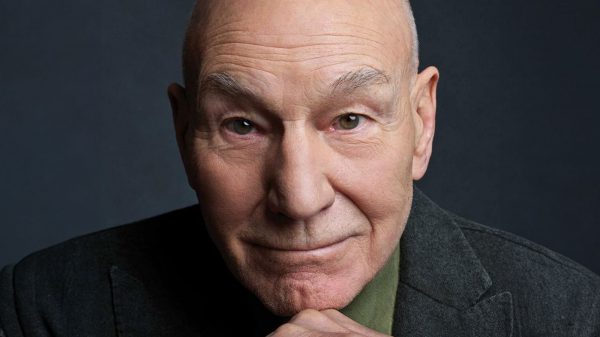
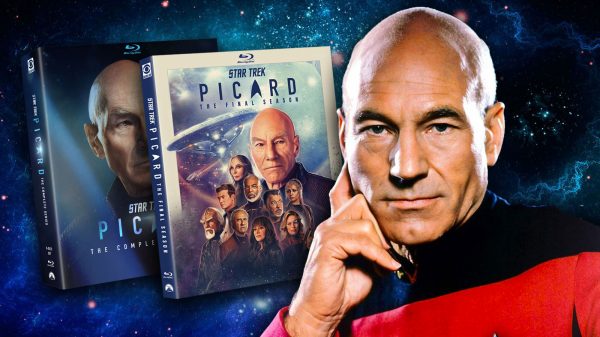
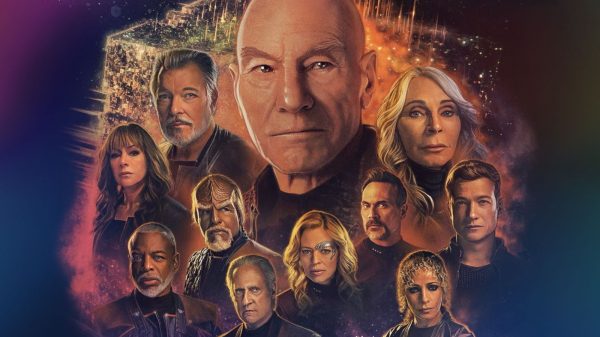
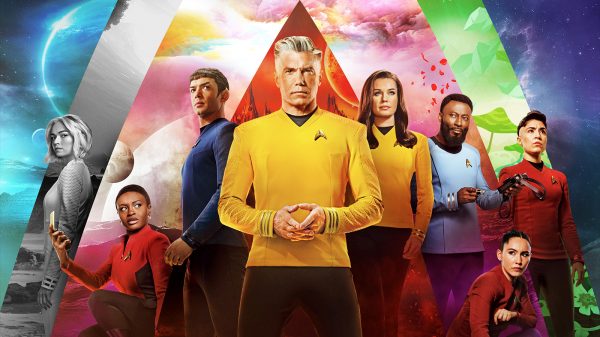
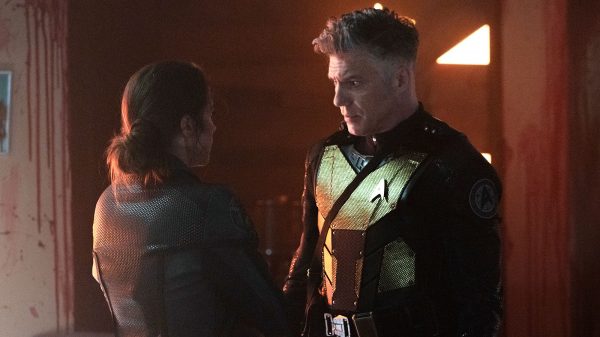
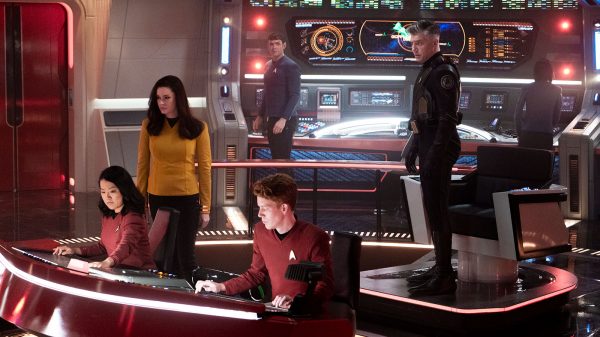
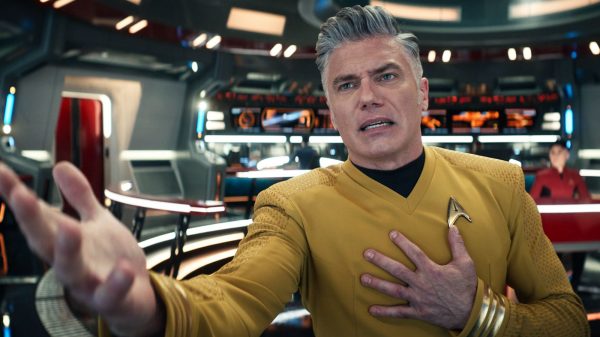
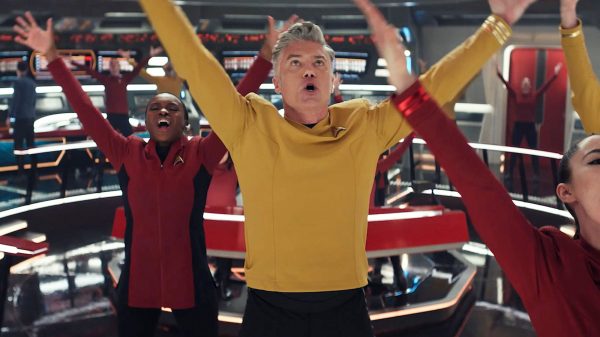
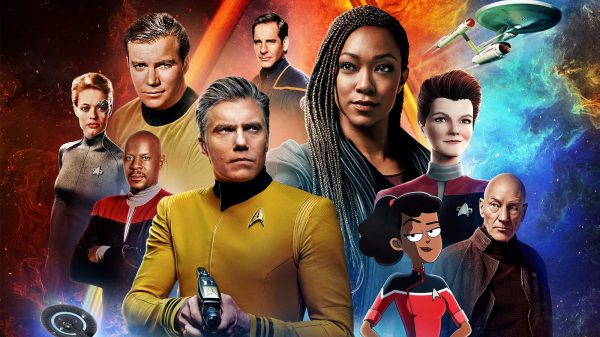
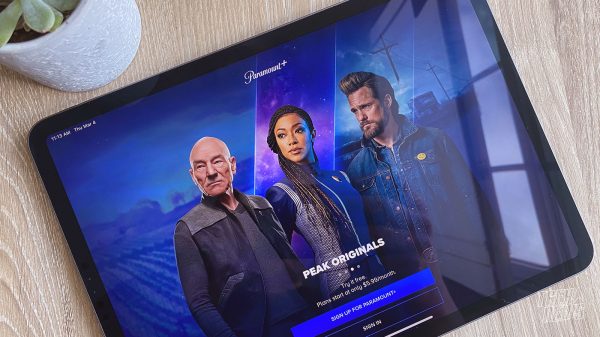
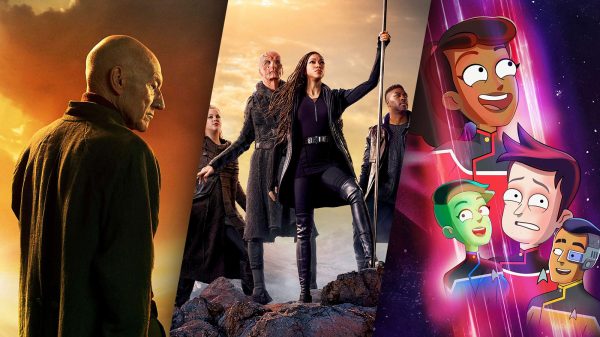
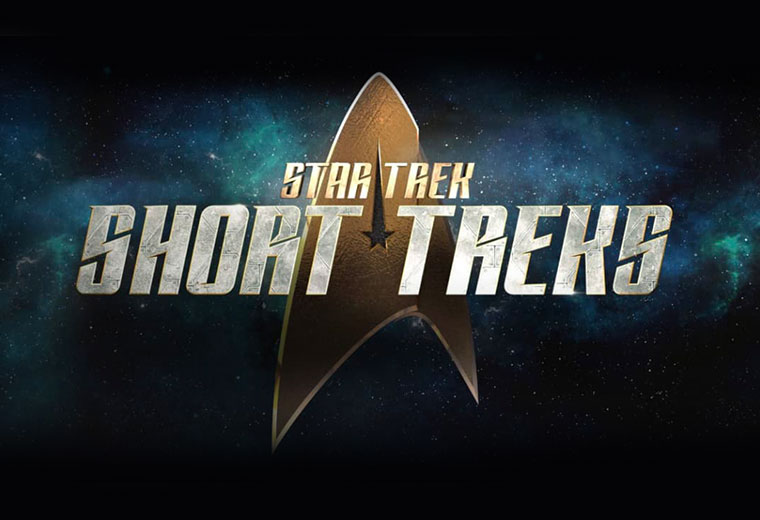
![[REVIEW] STAR TREK: SHORT TREKS "Children of Mars": All Hands... Battlestations](https://treknews.net/wp-content/uploads/2020/01/review-star-trek-short-treks-children-of-mars.jpg)
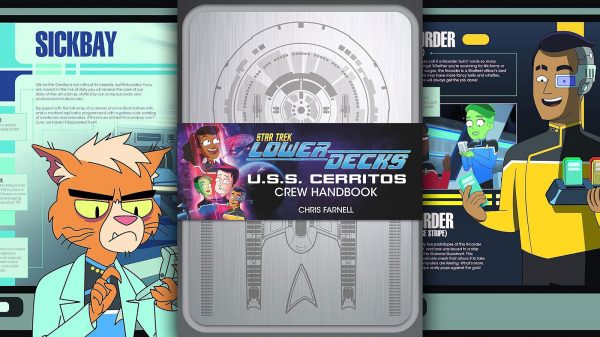
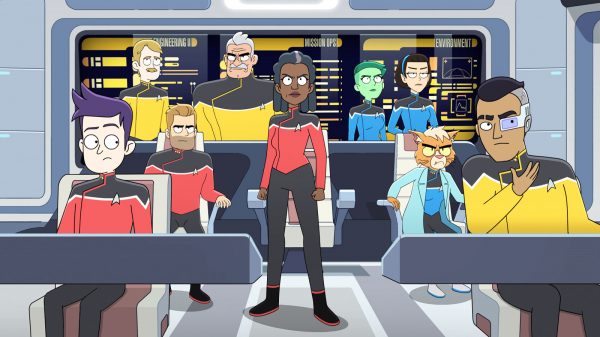
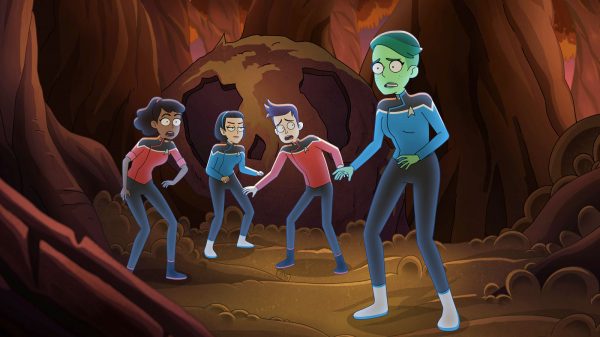
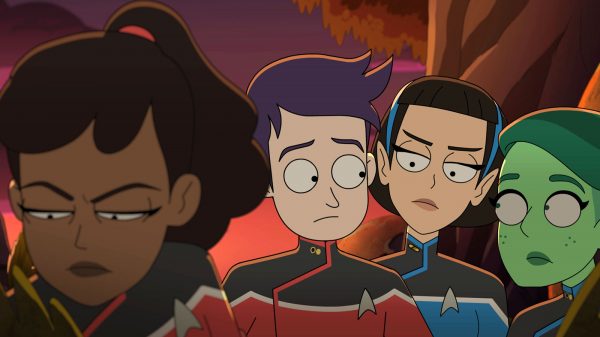
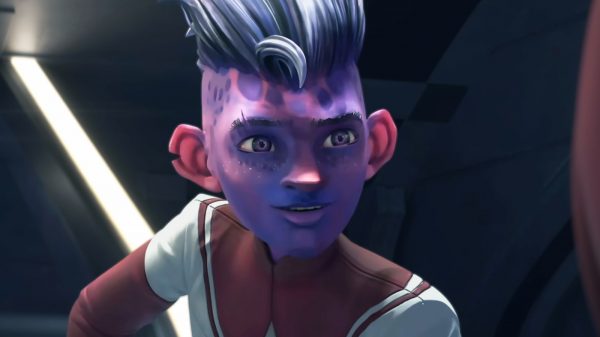
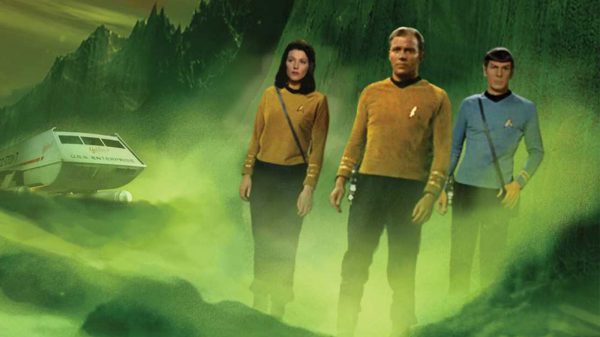
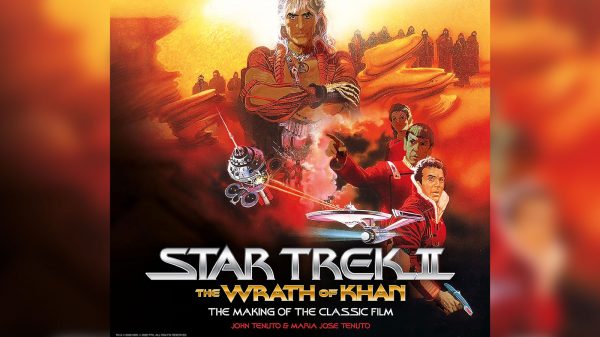
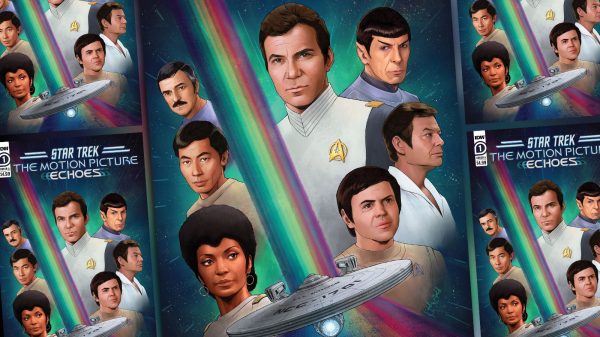
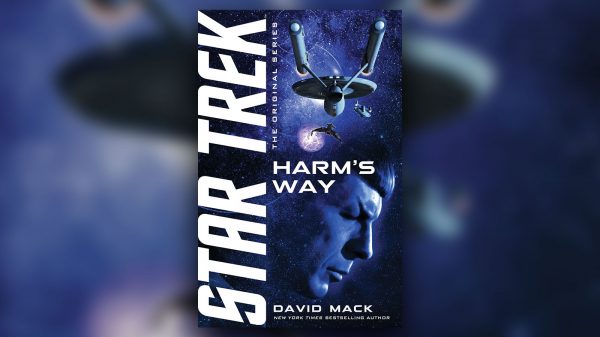
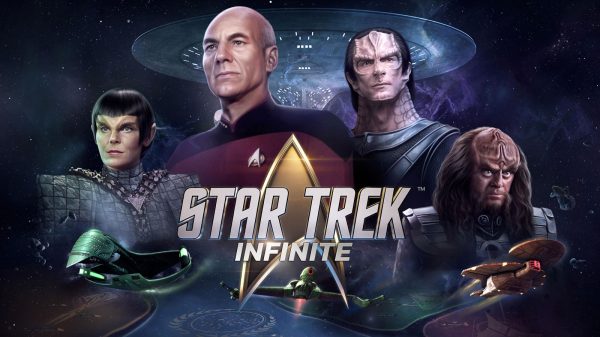
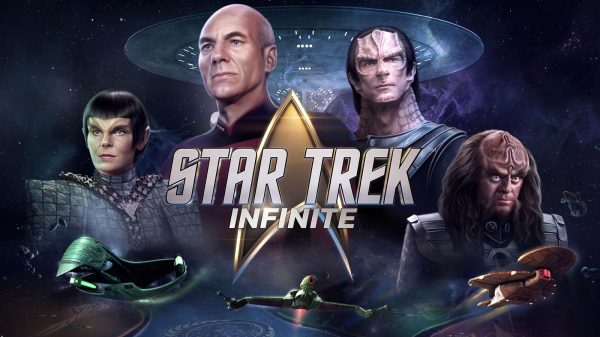
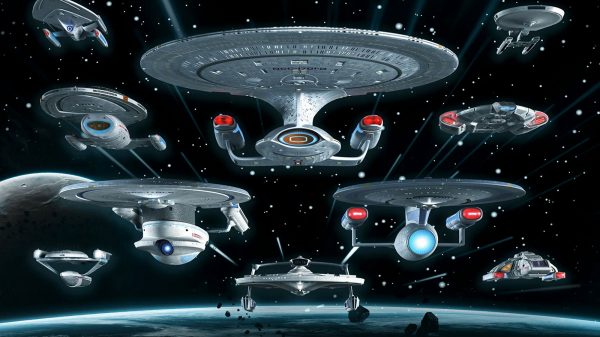
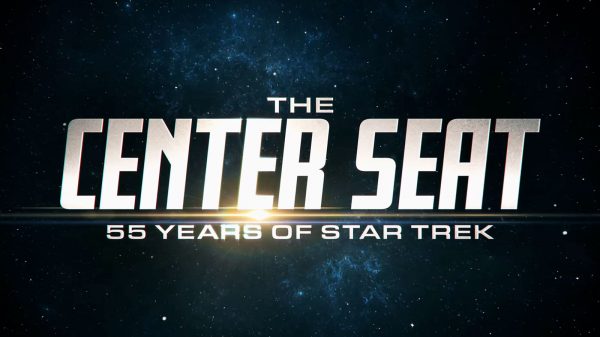
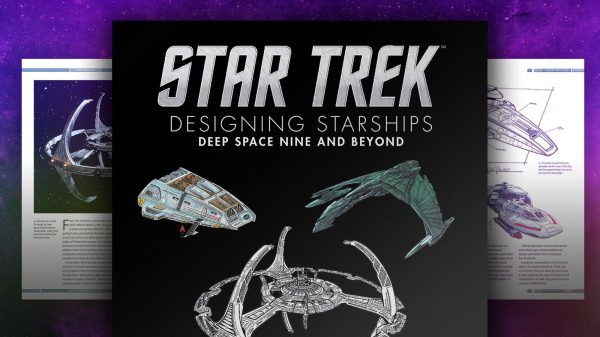
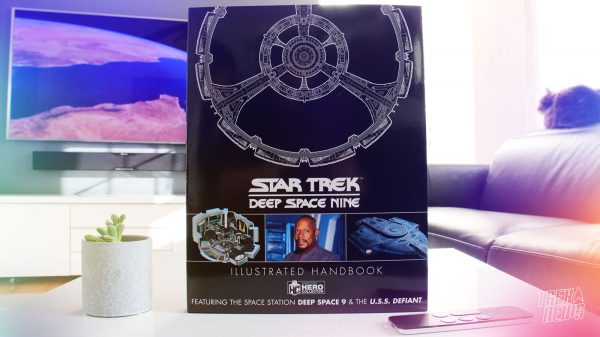
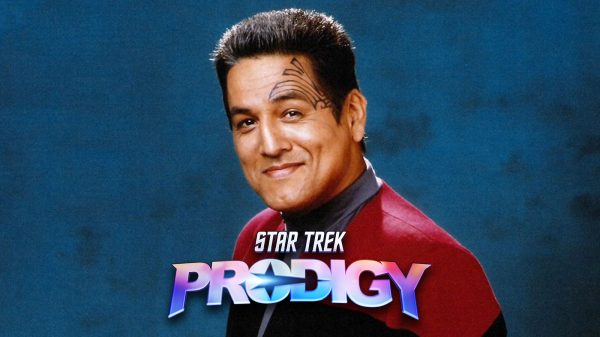
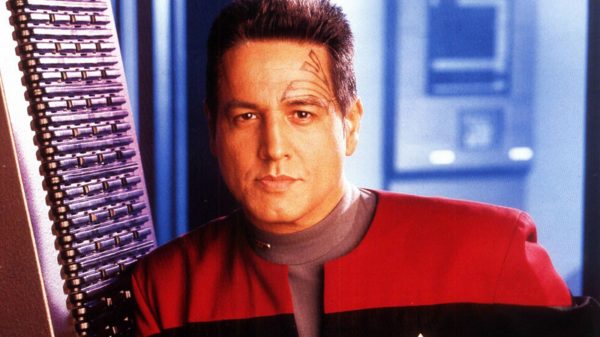

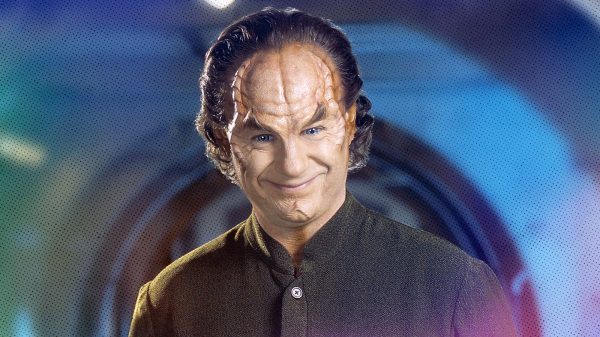
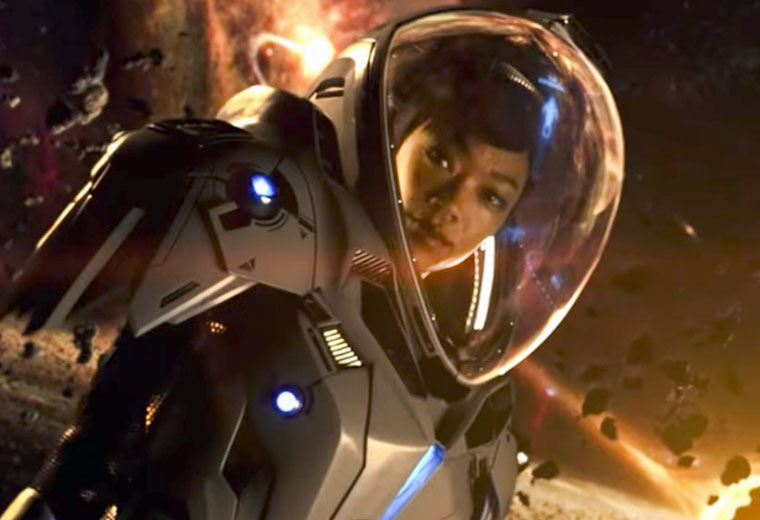
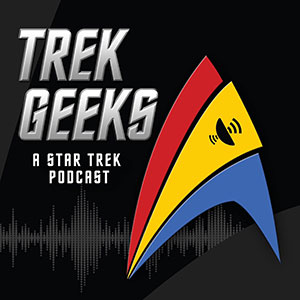



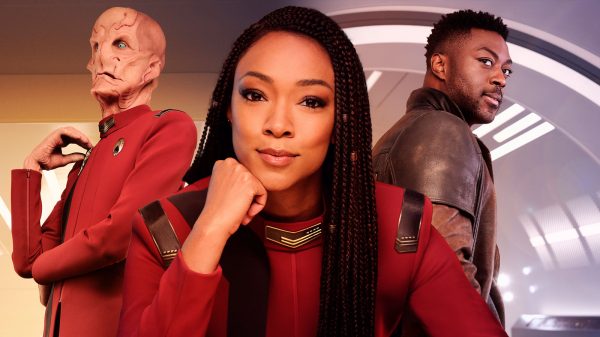


Dan M
July 30, 2017 at 5:53 pm
That’s what I was hoping for…
Impecunious Joe
August 1, 2017 at 6:04 pm
I can’t help but wonder whether there’s still time to do the anthology concept. Has work begun on Season 2?
Deborah Reece
September 28, 2019 at 1:43 pm
Star Trek is boring as hell to me. I can’t sit through any of it.